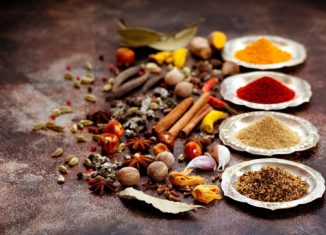
Indian food is world-famous for its extensive range of spices. The really nice thing about this cuisine is the delicate balance it offers of many different spices blended together. Whether you dry-roast your spices or oil-fry them, they are full of flavor and aromatics.
Keeping reading this article to discover the 10 essential Indian spices that the Marigold Maison Restaurants believe every kitchen needs to have!
Cardamom
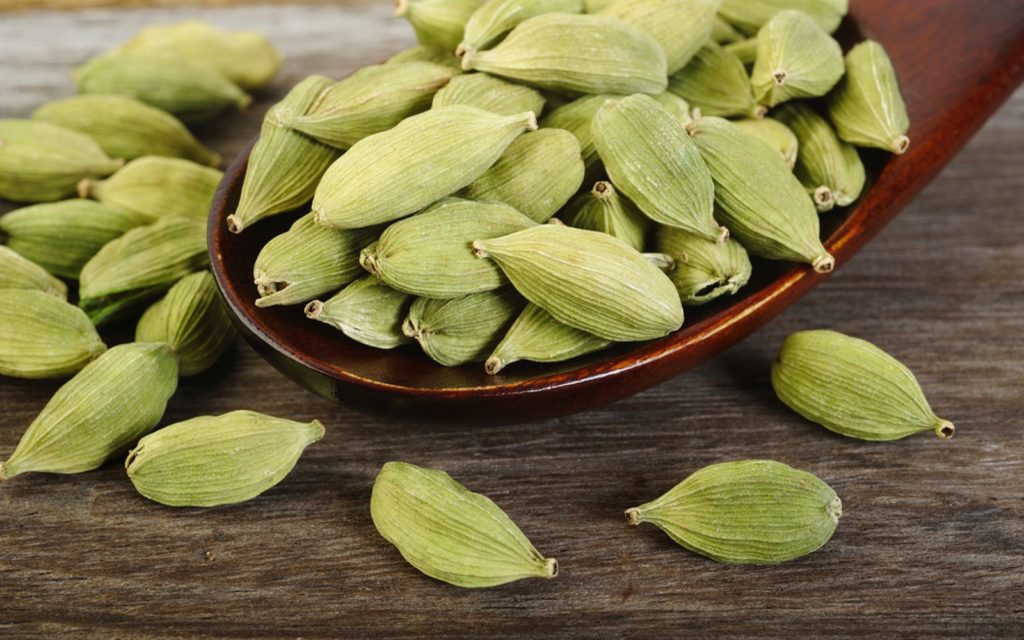
Cardamom comes in two different varieties that are used commonly in cooking: black cardamom and green cardamom. Green cardamom tends to be used most frequently and features a sweet and light flavor. It can be found in practically every food ranging from lassi to garam masala.
Black cardamom has a very powerful and smoky flavor. When you are using cardamom, you need to be careful to not get too heavy-handed with it! You don’t want to overpower the other flavors in your dish with cardamom.
Cloves
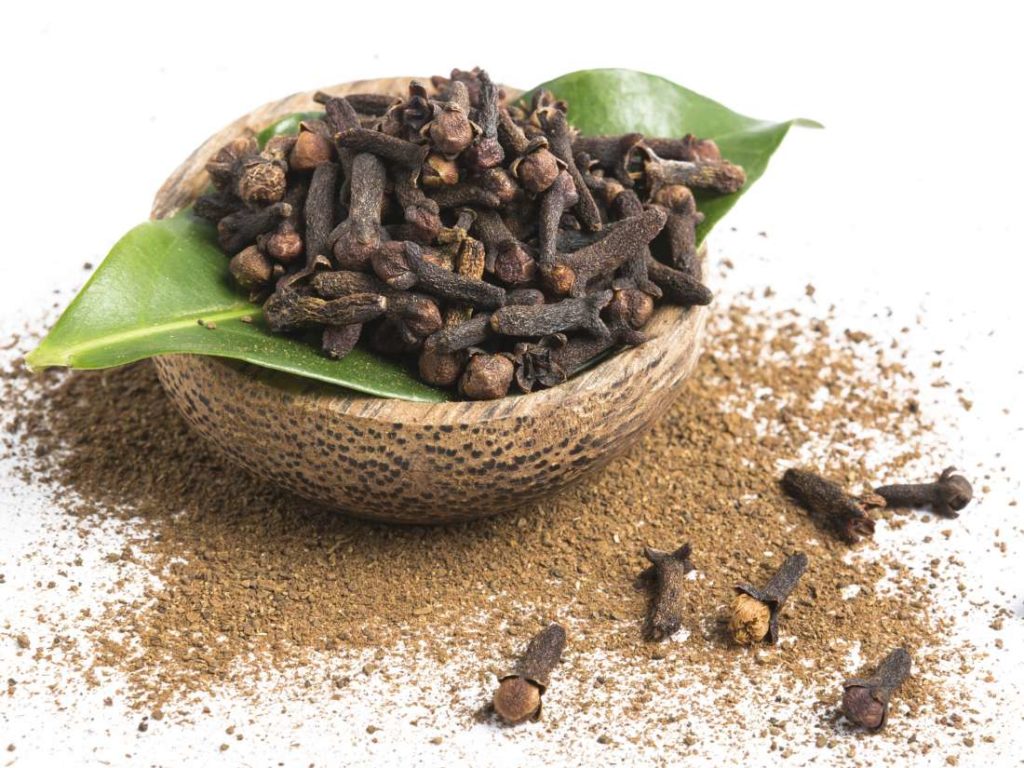
Western cuisine has a tendency to associate using cloves in cooking with Christmas time. In Indian cuisine, however, it is commonly used all year long. This spice has gentle anise notes that are quite recognizable in spice blends. They can be used ground up or whole.
Chili
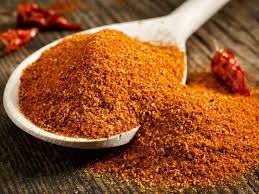
The first spice that many people think of when it comes to Indian spices is chili. Chili powder brings dishes warming heat. There are a number of varieties of chili powder that are available, that vary in terms of the level of chili powder, spiciness level, and color.
Cumin
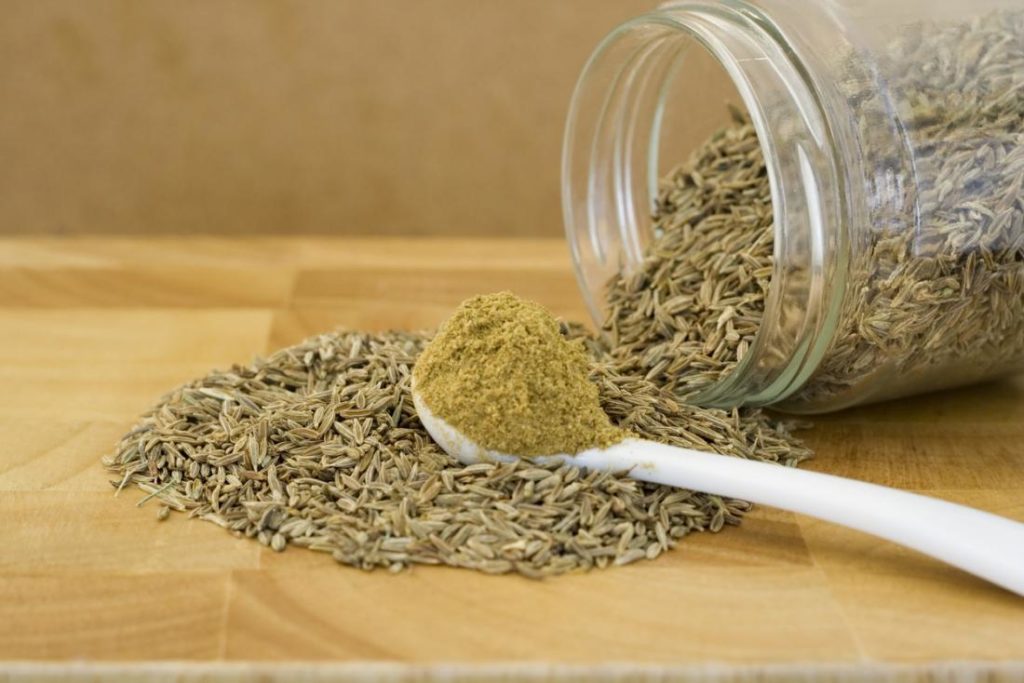
Cumin is a very aromatic spice that features earthy and warm tones. It is available as either a ground powder or in seeds – and is toasted quite often. The best method for releasing this spice’s intense flavor is freshly ground cumin. However, you need to be careful when toasting the spice since it can easily burn.
Coriander
Coriander is often considered to be one of the world’s oldest known spices. Coriander seeds feature citrus tones and are especially aromatic. Ground coriander is one of the Indian spices that is most commonly used and is especially one of the key ingredients in garam masala.
Ginger
Using fresh ginger can provide Indian dishes with a peppery and earthy kick. Add garlic at the same time you are using ginger to allow the natural oils of the ginger root to release while you are cooking.
Mustard Seeds
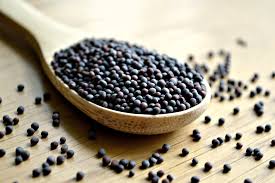
Mustard seeds come in three different colors: yellow, black, and brown. In Indian cooking, they can all be used interchangeably. In order to maximize the nutty and smoky flavor of mustard seeds, they should either be kept whole or crush and cooked in oil. Northern Indian cuisine, in particular, makes heavy use of mustard seeds.
Fenugreek
Although this spice may not be the most well-known by its name, its flavor is definitely quite distinct. Fenugreek provides madras curries their “curry” fragrance and flavor that many people often associate with Indian cooking. Indian cooking often uses Fenugreek leaves. They have a tendency to be dried and either crushed, especially in butter chicken recipes, or infused in sauces.
Turmeric
Often turmeric is recognized for its colorful and bright hue. This spice is renown for providing some amazing health benefits and is featured in many different foods, including lattes. The pungent spice is what provides Indian dishes with such a beautiful and rich color.
Saffron
In the past, saffron was more valuable than gold and is among the most highly revered Indian spices all over the world. Saffron is hand-picked from the stigma of crocus flowers. It has a sweet and honey flavor, which is ideal for balancing the spicy and strong flavor of Indian cooking.
